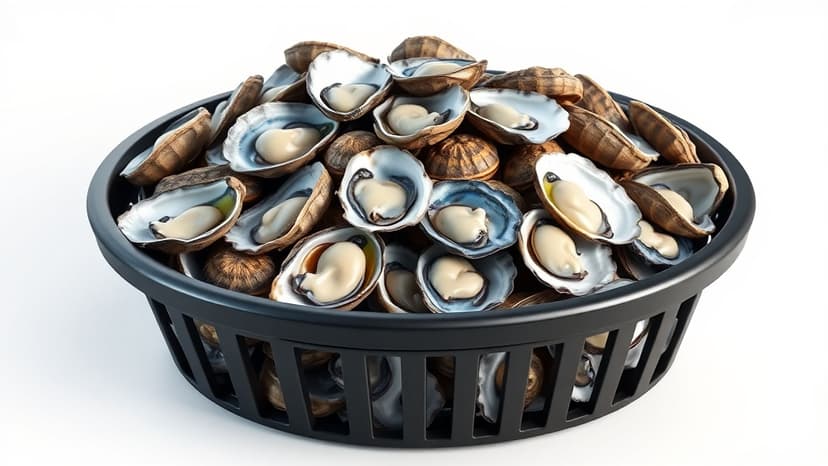Home / Environment / Norfolk Firm Revives Endangered Oyster Reefs, Boosting Marine Biodiversity
Norfolk Firm Revives Endangered Oyster Reefs, Boosting Marine Biodiversity
4 Nov, 2025
Summary
- Norfolk Oyster Company leases seabed to seed it with 40,000 clay bricks with oyster spat
- Aims to restore self-sustaining oyster reef communities, supporting 466 marine organisms
- Native oysters were once so abundant they inspired Caesar's invasion of England

In November 2025, a Norfolk-based company is making efforts to revive not just the European flat oyster, but the entire wealth of marine species that once thrived on the nearby seabed. The company, Norfolk Oyster Company, has leased a stretch of seabed off Blakeney and plans to seed it with 40,000 special clay bricks, each preloaded with year-old oyster spat.
The goal is for these human-made reefs to flourish into self-sustaining oyster communities, which are known to support 466 different marine organisms and are considered keystone species - the makers of entire ecosystems. This ambitious project aims to bring back the ecological riches that were lost when dredgers destroyed over 90% of the world's wild oyster reefs.
Historically, native oysters were so abundant in this region that they were said to have inspired Caesar's invasion of England. Later emperors valued them so highly that they paid their weight in gold to obtain them. The Norfolk Oyster Company hopes to revive this remarkable cultural legacy, but their primary focus is on restoring the marine biodiversity that once thrived in these waters.




